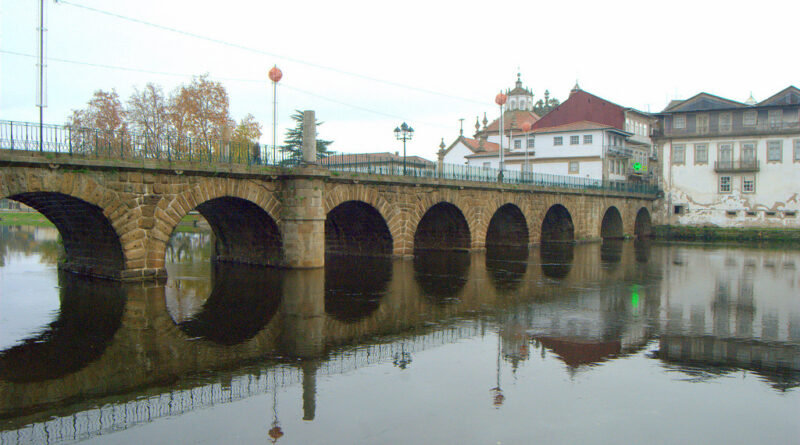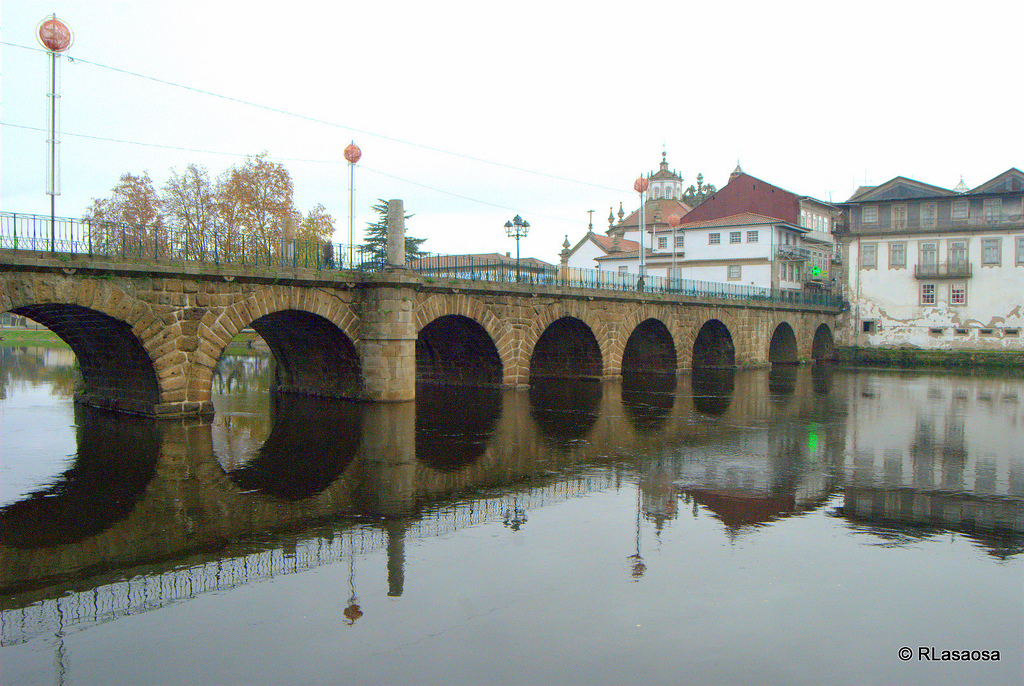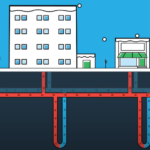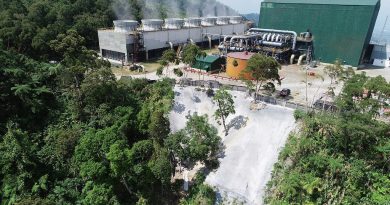Pilot project seeks to expand geothermal heating in Chaves, Portugal
Energy Disrupter
The pilot project for expanded geothermal district heating in Chaves, Portugal has progressed and is expected to be operational by 2023.
With a budget of EUR 1.2 million, the municipality of Chaves in Portugal is undertaking a pilot project that aims to expand the geothermal heating network. The network currently only supplies 5 public and private buildings – the plan is to connect it to another 20 buildings.
We first reported on this project back in early 2020. While many of the project details remain the same, the project seems to have progressed through the construction of the expanded municipal heating network. The pilot project is now expected to be operational by 2023.
The geothermal station, the heart of the entire project, is located next to the Chaves hot springs where there are thermal waters at an average temperature of 74 degrees Celsius. To expand the heating network, two kilometers of underground ducts have been built.
With increasing energy costs, Mayor of Chaves Nuno Vaz expects the project to generate savings. “Our expectation is that, when the project is in the full implementation phase, there will be savings of 200 thousand euros per year. Of course, this will depend on what the average cost of energy is at any given moment, but, in any case, geothermal is positioned as a 100% clean and 100% renewable energy and, surely, the cheapest of all and, therefore, It’s good news”, commented Nuno Vaz.
The current geothermal heating network provides heating to two hotels, a thermal spa, a municipal swimming pool, and a geriatric hotel. David Gomes, the director of the Ibis Styles hotel, said that their hotel is benefitting from 25% to 30% reduction on gas and electricity consumption because of the geothermal resource.
In the next phase, the Fernão Magalhães school, the municipal historical archive , the Chaves library or the Nadir Afonso Museum of Contemporary Art may be supplied with geothermal heating. The pilot project does not yet cover residential areas.
Source: Idealista

















